Description
Erythrina Variegata, Tiger Claw ,Indian Coral – Tree
Erythrina variegata, commonly known as the Indian Coral Tree, is a striking ornamental and medicinal tree known for its vibrant red-orange blossoms and unique variegated leaves. Belonging to the Fabaceae family, this tree is native to tropical and subtropical Asia and is often grown for both shade and beauty. The Indian Coral Tree is an outdoor plant, thriving in open spaces with full sunlight and well-drained soil. A special feature of this tree is its brilliant coral-like flowers, which attract birds, bees, and butterflies, making it perfect for eco-friendly landscapes. It is also valued in traditional medicine and often planted as a shade or boundary tree in gardens, farms, and roadsides.
Features of Erythrina variegata
-
Scientific Name: Erythrina variegata
-
Common Names: Indian Coral Tree, Tiger’s Claw, Sunshine Tree
-
Family: Fabaceae
-
Growth Habit: Fast-growing, medium to large deciduous tree.
-
Flowers: Bright scarlet-red or orange flowers resembling coral, blooming in clusters.
-
Leaves: Variegated green leaves with striking patterns.
-
Speciality: Used for shade, fencing, ornamental beauty, and traditional medicine; attracts birds, bees, and butterflies.
Plantation Tips
-
Best Season: Monsoon or early spring.
-
Location: Plant in an open outdoor space with full sun.
-
Soil: Prefers well-drained sandy or loamy soil enriched with organic matter.
-
Spacing: Maintain enough distance (4–6 meters) as it grows into a large tree.
-
Propagation: Commonly propagated through seeds or stem cuttings.
Growing & Care Tips
-
Sunlight: Requires 6–8 hours of full sun daily.
-
Watering: Water regularly when young; mature trees are drought-tolerant. Avoid waterlogging.
-
Fertilizer: Add organic compost or farmyard manure during the growing season for healthy growth.
-
Pruning: Trim after flowering to maintain shape and remove dead branches.
-
Pest/Disease: Generally hardy but watch for caterpillars or fungal infections on leaves.


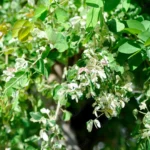
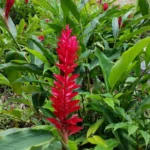
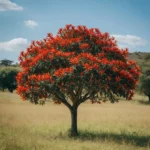
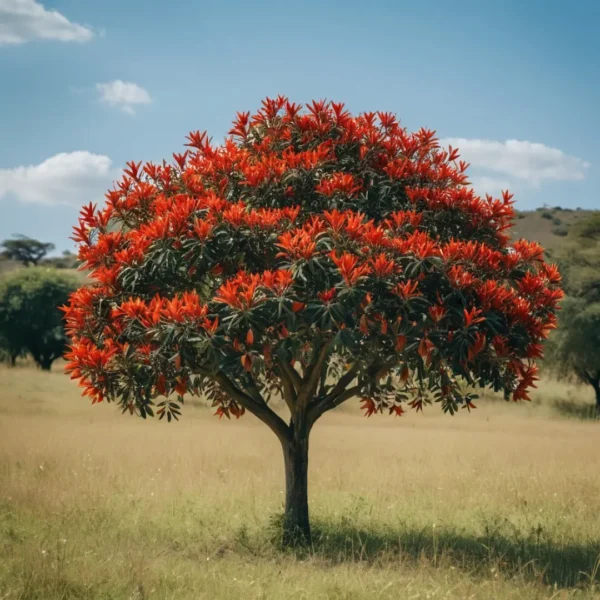
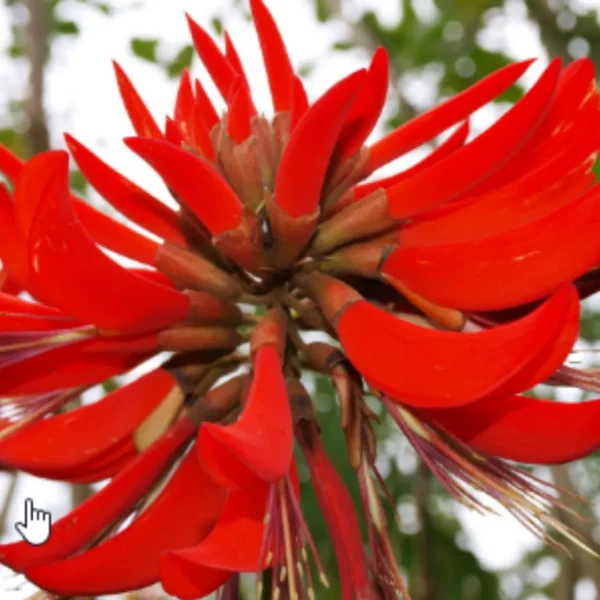
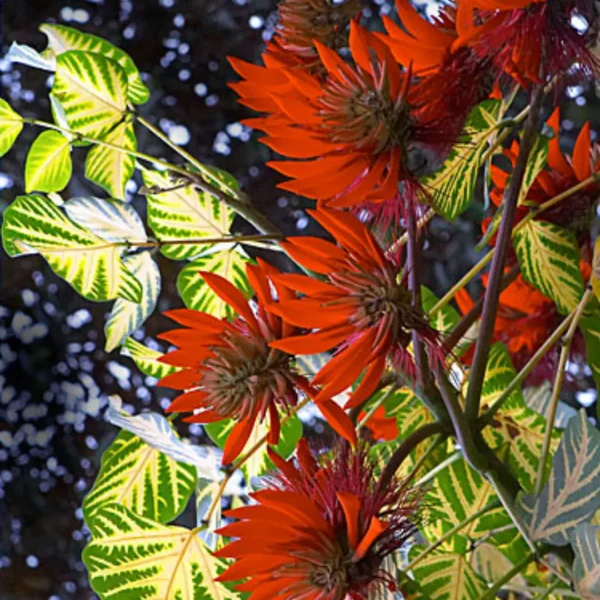
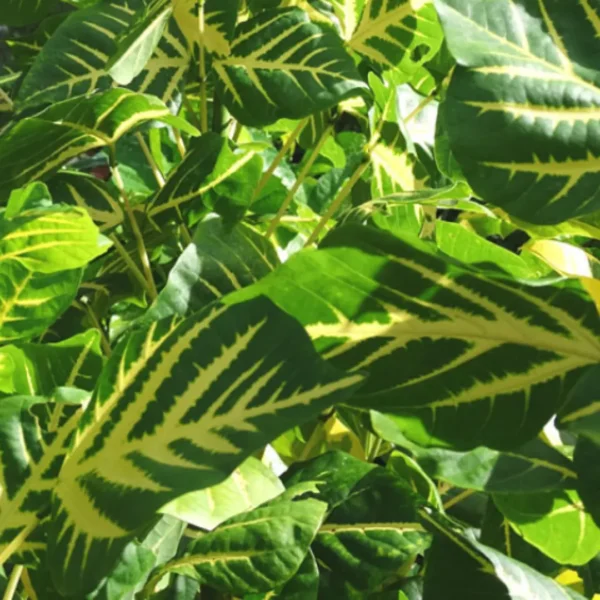
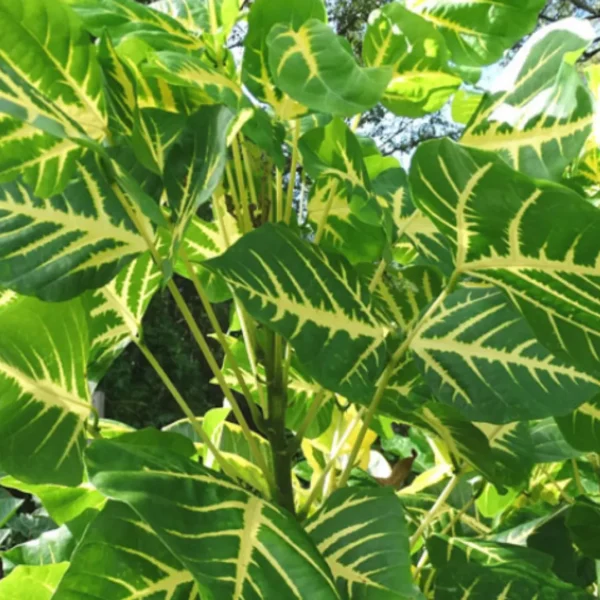
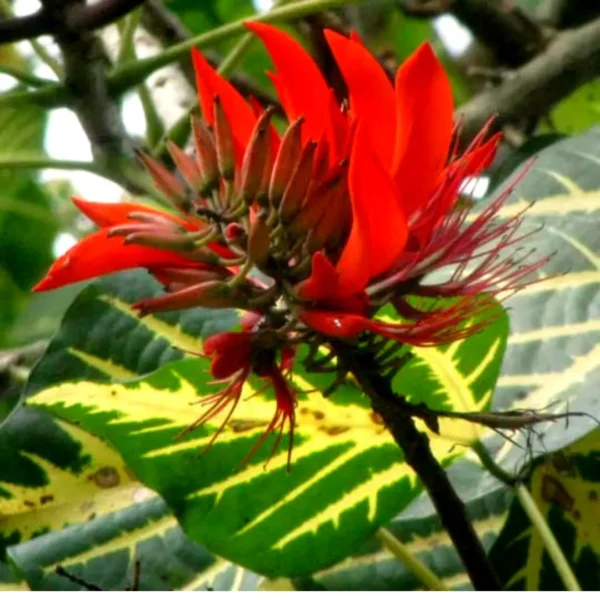
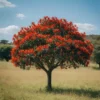
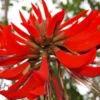
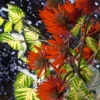
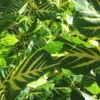
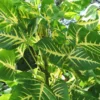
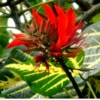


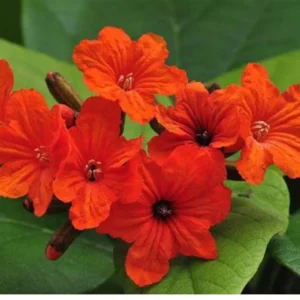
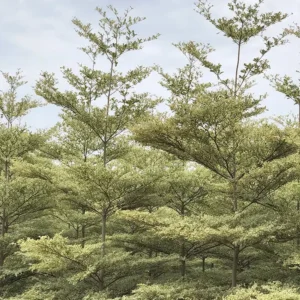
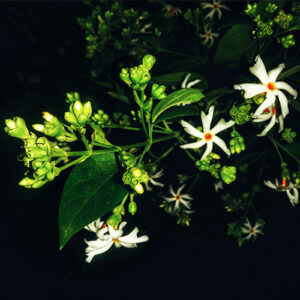
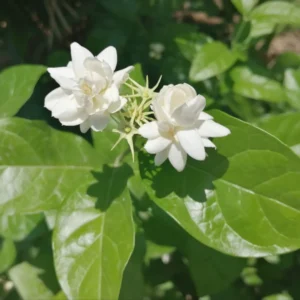
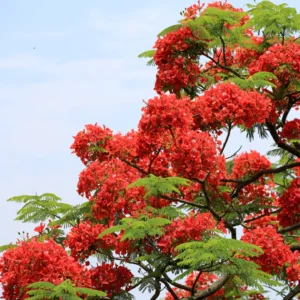
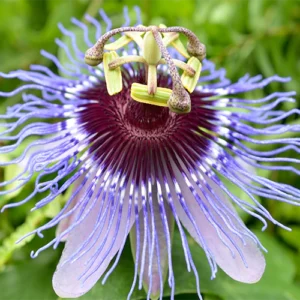
Reviews
There are no reviews yet.